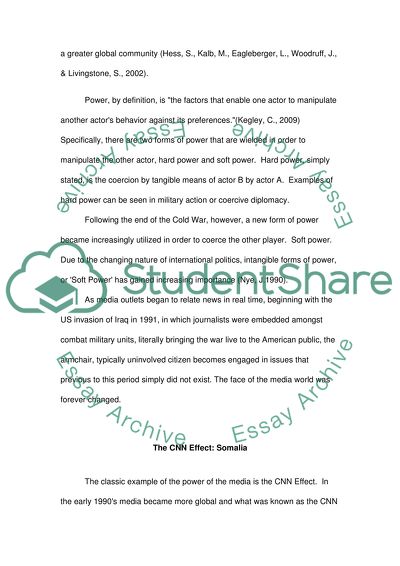Cite this document
(“Introduction to Mass Communications (MEDC1010) Essay”, n.d.)
Retrieved from https://studentshare.org/environmental-studies/1412883-introduction-to-mass-communications
Retrieved from https://studentshare.org/environmental-studies/1412883-introduction-to-mass-communications
(Introduction to Mass Communications (MEDC1010) Essay)
https://studentshare.org/environmental-studies/1412883-introduction-to-mass-communications.
https://studentshare.org/environmental-studies/1412883-introduction-to-mass-communications.
“Introduction to Mass Communications (MEDC1010) Essay”, n.d. https://studentshare.org/environmental-studies/1412883-introduction-to-mass-communications.


